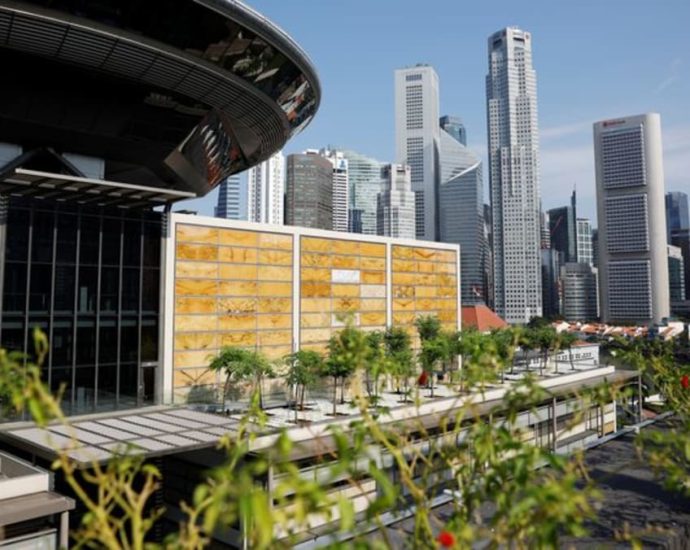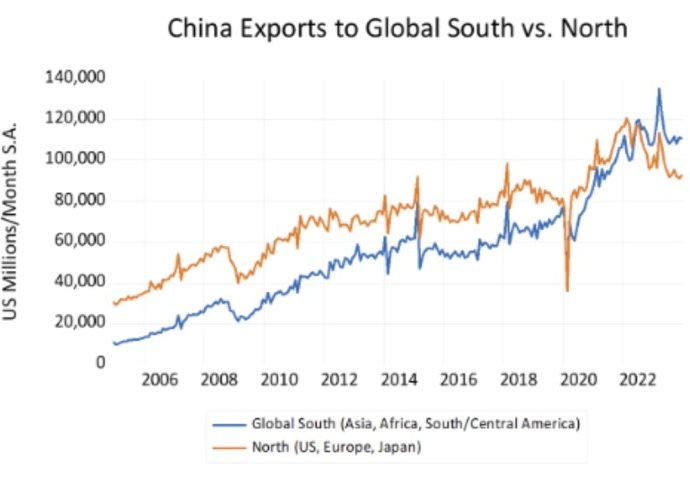Thai government pushes for higher inflation range ahead of BOT meeting
BANGKOK: Thailand’s inflation target should work to lift inflation above 1 per cent, Finance Minister Pichai Chunhavajira said on Tuesday (Oct 29) ahead of a meeting with the central bank governor where he hoped to be able to reach an agreement on a new target range. Pichai and Bank ofContinue Reading











![A screengrab of a Facebook post, written in Vietnamese, advertising smuggling services. The English translation is beneath and reads: Journey to 44 [the international country code for the UK], at a surprisingly cheap price. Fast, safe and meals and accommodation are included. Payment after a successful arrival.](https://ichef.bbci.co.uk/news/480/cpsprodpb/8811/live/186ddd30-92d4-11ef-8e6d-e3e64e16c628.png.webp)










